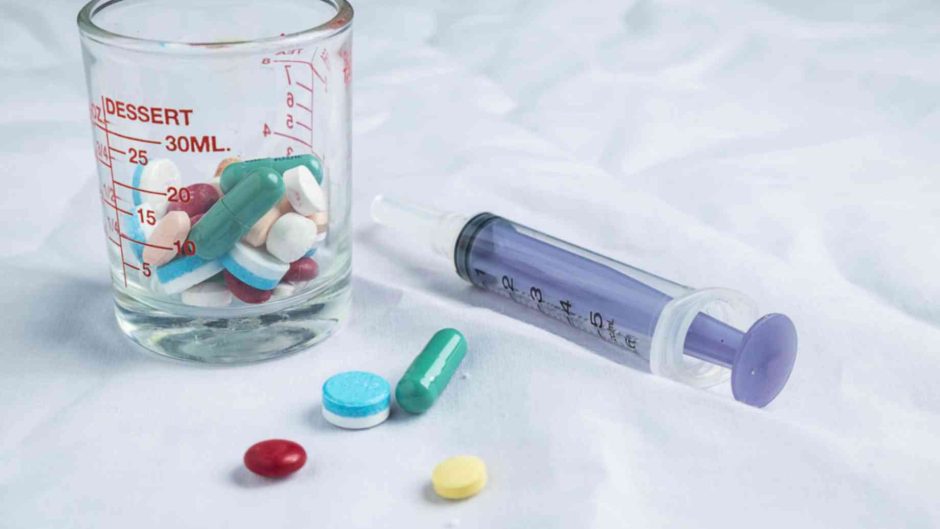The impact of steroid use on cardiovascular health, especially anabolic steroids, corticosteroids and other forms of steroid, is a major concern. Steroid use can affect the cardiovascular system in many ways, both positive and negative. Understanding these effects are crucial to managing the health risks of steroid therapy, and making informed decisions regarding their use. We recommend that you always buy steroids with care.
Cholesterol levels:
It is well known that anabolic steroids can negatively affect cholesterol levels. They can cause dyslipidaemia characterized by increased low-density cholesterol and decreased high-density cholesterol. Elevated levels of cholesterol can contribute to plaque buildup in the arteries and increase the risk of coronary artery diseases. In contrast, low cholesterol levels can reduce the ability of the body to remove excess cholesterol. This increases cardiovascular risk.
Hypertension Increased Risk
Anabolic steroids can also have a significant effect on the cardiovascular system. This is due to an increased blood pressure. Steroids can cause fluid retention and electrolyte imbalance, which lead to an elevated blood pressure. Chronic hypertension has been linked to heart disease, stroke and kidney damage. It is important to monitor blood pressure regularly for those who use anabolic steroids in order to minimize and manage these risks.
Effects on Blood Vessel Integrity
They can also damage the blood vessels. By weakening blood vessel walls and promoting arteriosclerosis, they can cause vascular damage. It can lead to impaired blood flow, and an increased risk for cardiovascular events like stroke and heart attacks. Individuals undergoing corticosteroid treatment should monitor their vascular health, and use strategies to maintain blood vessel integrity.
Long-Term Cardiovascular Outcomes
The cardiovascular effects of long-term steroid use, whether it is anabolic steroids or corticosteroids can be significant. Chronic exposure to steroids can have cumulative effects on blood vessels and the heart, increasing the risk of cardiovascular disease over time. Individuals on prolonged steroid treatment must be monitored and managed for cardiovascular risk factors.
Regular Screening and Monitoring
Individuals who use steroids must undergo regular cardiovascular monitoring. This includes routine assessments for blood pressure, cholesterol, blood sugar, and overall cardiovascular fitness. Early detection allows for early interventions and treatment plan adjustments, helping to reduce cardiovascular risks associated with steroids.
Lifestyle Modifications
Healthy lifestyle changes can reduce cardiovascular risk. Maintaining a healthy diet, participating in regular physical exercise, and avoiding excessive alcohol and smoking are all part of this. Lifestyle changes can have a positive impact on cholesterol levels, blood-pressure, and cardiovascular health. They complement the effects of steroids and reduce associated risks.
The development of safer steroid formulations
Research is being conducted to develop safer steroid formulas that reduce cardiovascular risks. Drug design and delivery system advances aim to reduce steroids’ systemic effects while maintaining their therapeutic benefits. The development of new formulations that have improved cardiovascular safety profiles may be possible through research into targeted delivery methods and selective steroid-receptors.
Enhanced Monitoring Technologies
The management of cardiovascular risk in steroid users is also expected to be improved by advances in monitoring technology. Wearable devices and remote monitors can provide real-time information on cardiovascular parameters. This allows for a more proactive management of the health risks associated with steroids.




